Covid19 cancels Wildlife donations
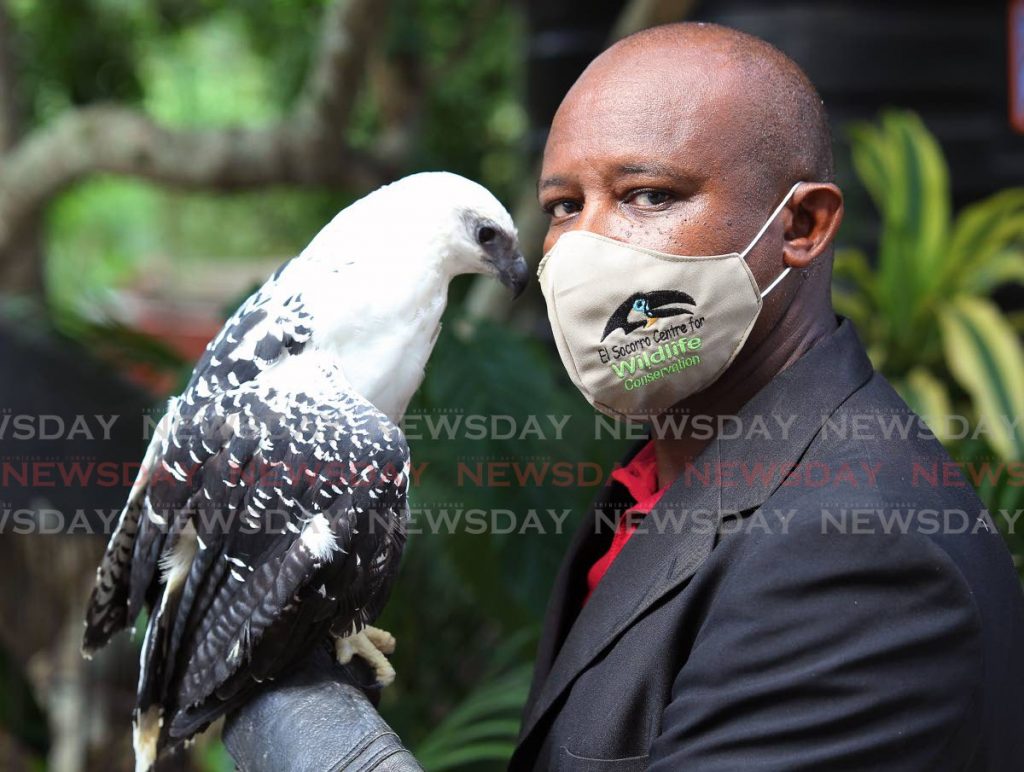
Since initial covid19 restrictions were announced, in March, the El Socorro Centre for Wildlife Conservation has been closed.
The centre’s closure, thus far, has resulted in losses amounting to over $185,000 in potential revenue, Ricardo Meade, the centre's founder and director, told Business Day.
“Covid19 and its restrictions have been hell on the wildlife centre. We’ve suffered a tremendous blow with the lockdown,” he said.
In a recent interview with Business Day, Meade said the centre’s financial hardships have been caused by a lack of visitors. A non-profit organisation, donations from visitors is the largest source of revenue for the centre. While difficult, the decision to close the centre was made considering the well-being of the animals and the public.
A trained wildlife rehabilitator and ichthyologist (a type of marine biologist specialising in fish), Meade first started a business called Exotica Aquascaping in 2005, building ponds fountains, and aquariums for clients. As an ichthyologist, Meade is trained in caring for fishes and building artificial fish habitats. Shortly after starting the business, Meade began rescuing animals and keeping them in his backyard. An orphaned agouti and toucan were his first rescues. Soon, more followed.
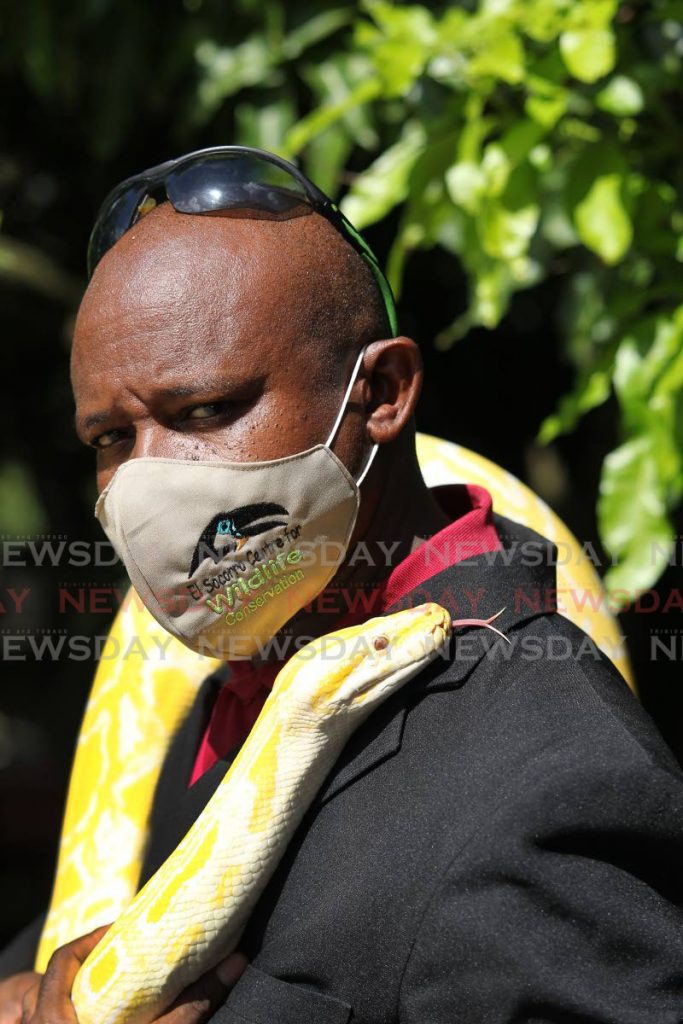
“People were curious to see the rescued animals. So, on Republic Day in 2005, I did an open house called Wild Boundaries, because we were on Boundary Road in El Socorro. I put up some flyers in the community and a lot of people in the area visited.”
This success inspired Meade to host more events. But, when he realised people knew little about the rescued animals, he decided to start a wildlife education initiative. With the help of a wildlife rehabilitator, Meade was also given guidance on how to rehabilitate the rescued animals.
In a few months, the El Socorro Centre for Wildlife Conservation was created. The centre is now home to turtles, tortoises, black vultures, hawks, owls, and different species of snakes. The animals are fondly called “educational ambassadors.” And while it began in El Socorro, after the centre was able to get access to a bigger space in Freeport, in 2010 it moved and has been there ever since at Calcutta #2, Freeport. Meade said this location is temporary, though, and the final location will be in Chickland, central Trinidad. That move is scheduled for June 2023.
“Around 75 per cent of the centre’s activities are centred on education. Another 20 per cent is wildlife rehabilitation,” said Meade.
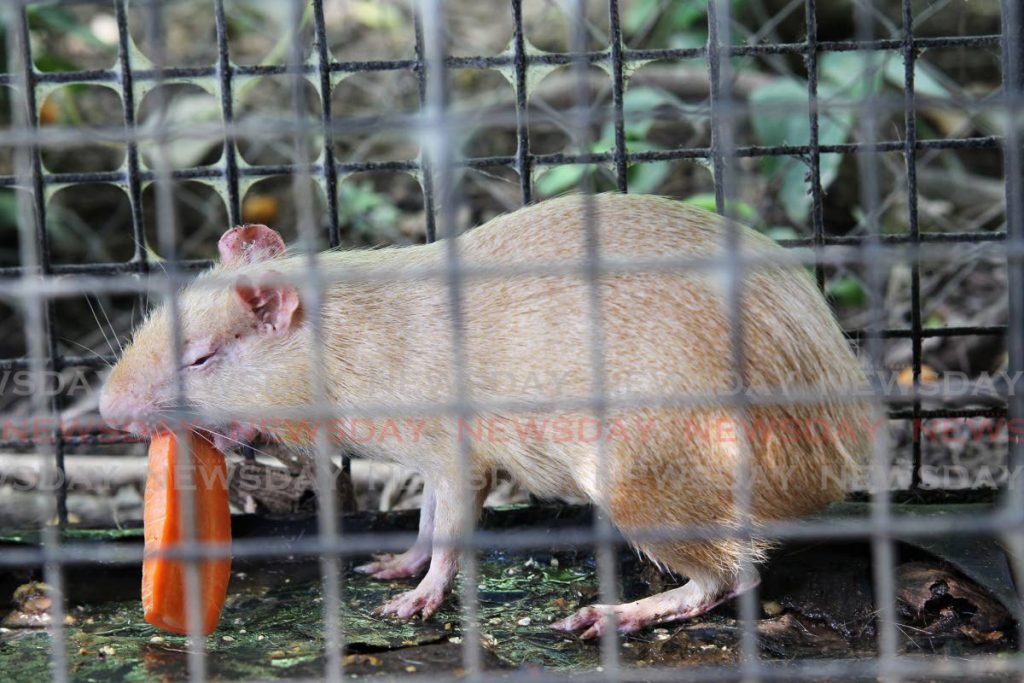
Rescuing injured and orphaned animals, volunteers at the centre rehabilitate the animals and release them into the wild. “We also have a breeding programme to help increase the population of animals susceptible to loss in numbers due to human activities."
Animals bred under the programme include ocelots, different species of turtles, opossums, red tail boa constrictors (macajuel) and rainbow boa constrictors.
While people visit the centre free of charge, their donations are the main source of funding for the centre’s programmes.
“Schools would visit, for example, and the teachers usually ask how much we are charging (for the visit). We would explain there is no fee. We encourage the teachers to determine the economic situation of their class or school. The teachers will then suggest what donation they can make.”
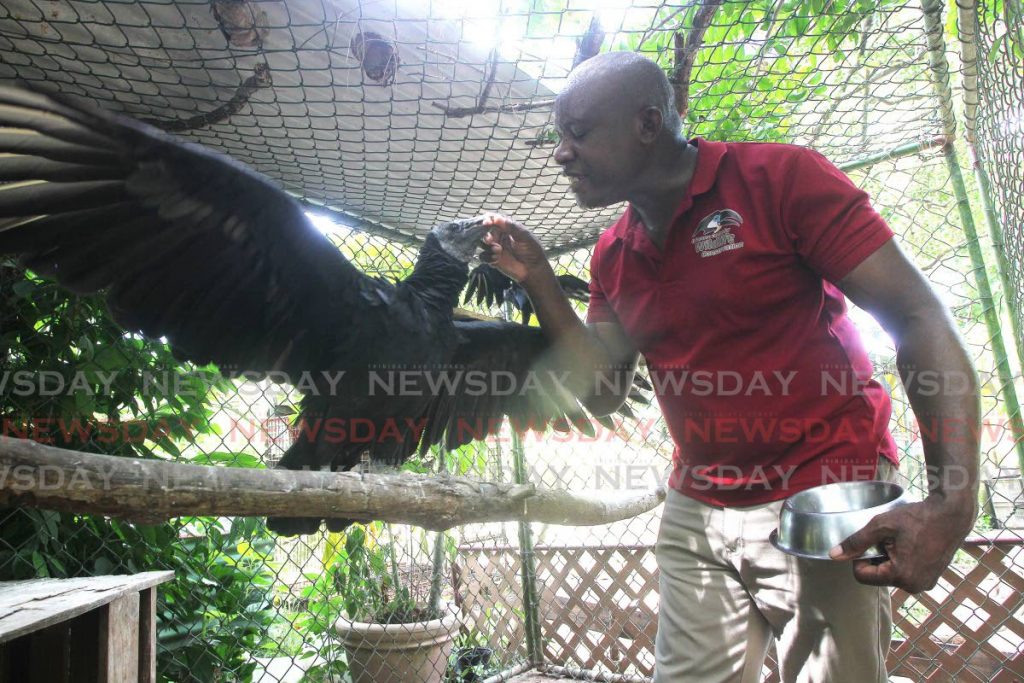
Even if unable to donate financially, for example, people have donated fruits and food items to feed the centre’s animals.
The decision not to charge a fee was made to ensure people of all socioeconomic backgrounds could visit the centre. But now, the centre is struggling to stay afloat due to covid19 restrictions. With the closure of schools and no vacation camps – usually the bulk of visitors – there has been a sharp drop in donations.
Other sources of funding include fundraising events and donations by corporate companies to host private events. Because of covid19, all scheduled events for this year have been cancelled.
“At the beginning of the year, we were in the midst of converting a shipping container into a wildlife hospital. This was to be the first of its kind in the Caribbean,” said Meade. The plan has been put on hold.
To mitigate the financial fallout, the centre is focused on innovating its services.
When the centre closed its doors, in March, it started the Wild Adventures online series dedicated to highlighting TT’s wildlife. With over 100 episodes, to date, the series has raised awareness for the centre and attracted donors. A calendar and a t-shirt line featuring the centre’s animals are also in the works. The products will aid in the centre’s current fundraising efforts.
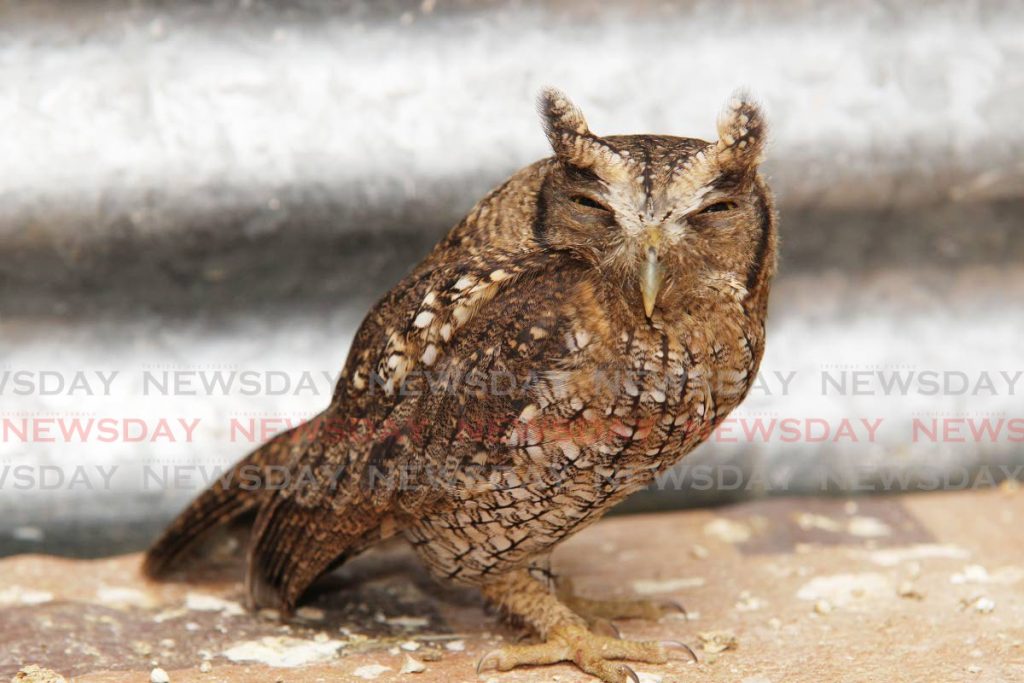
Knowing covid19 has affected people’s finances, Meade is grateful that the centre has still received donations. Given the centre’s non-profit status, Meade has never sourced any government subventions or grants. There are no plans to start doing so now.
Apart from donations, volunteers are the centre’s lifeline. Annually, considering the time and services provided by volunteers, Meade estimates the value of volunteer services to be over $1 million.“We have never employed anyone. So, due to covid19, no one has lost their jobs.” However, without volunteers, the centre would be unable to continue its operations during the pandemic.
What may be surprising is that the services of the centre have been more in demand recently.
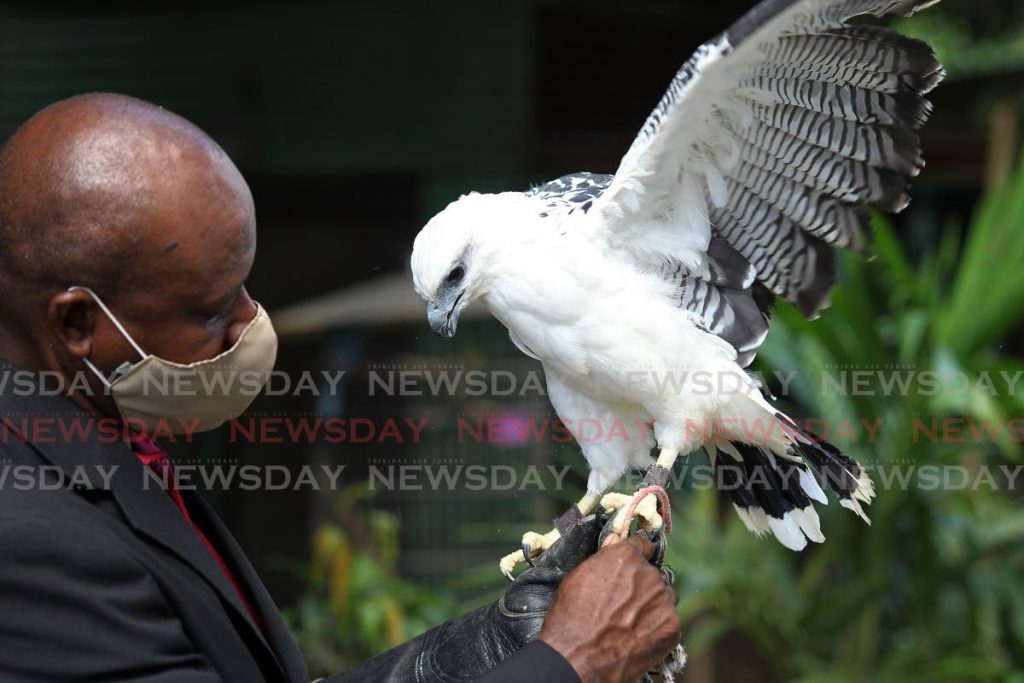
“Since people are home (due to covid19), they’ve been seeing things. They have been calling us more when they see, for example, those baby birds and caimans.”
For now, the centre has been able to keep up with the additional work and volunteers have been trained to safely handle the animals and interact with the public during the pandemic.
Meade has no plans to permanently close the centre's doors. He notes apart from the centre’s efforts to protect wildlife, it also plays a role in diversifying TT’s economy.
“We teach people about our country’s natural heritage. This is important with the decline of oil and gas."
Apart from domestic tourists, the centre has attracted regional and foreign visitors. The centre also had plans to host international students to intern at the centre this year. Due to covid19, the plans are also on hold.
Promoting TT as a science and research destination is one potential route to economic diversification. The centre’s efforts to protect TT’s wildlife also help preserve the natural resource for the enjoyment of tourists.
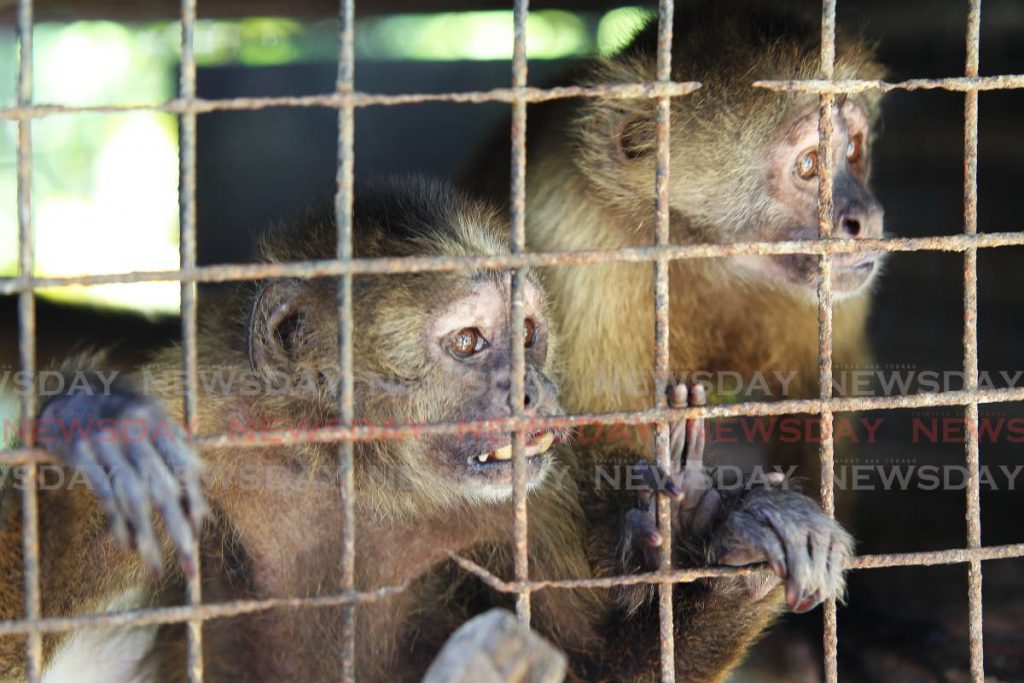
“The natural environment is our next golden opportunity. We can only use of natural resources sustainably if we have it.” The centre is now enhancing its technological capabilities. Facilitating virtual tours and presentations are priority items moving forward.
“We have tested the centre’s capability to do online presentations and also did an environmental class for Maple Leaf International School via Zoom. We know it works. There is a way for the centre to be in the classroom and people’s home."
When the centre reopens its doors to visitors there are no plans to revisit the centre’s no entry fee policy. Meade is steadfast in his decision to keep the policy. Visitors should expect to adhere to all covid19 protocols, though, including temperature checks, mask wearing and social distancing.
"If you don’t adapt, when things are hard, you perish,” Meade said.
People interested in donating to or volunteering with the El Socorro Centre for Wildlife Conservation can send an email to: wildlife.tt@gmail.com, visit the centre on Instagram @ecwc_tt or contact the centre at 366-4369. The centre also has custom masks on sale for $40. All funds raised, from the masks sold, will go towards supporting the centre’s operations.

Comments
"Covid19 cancels Wildlife donations"